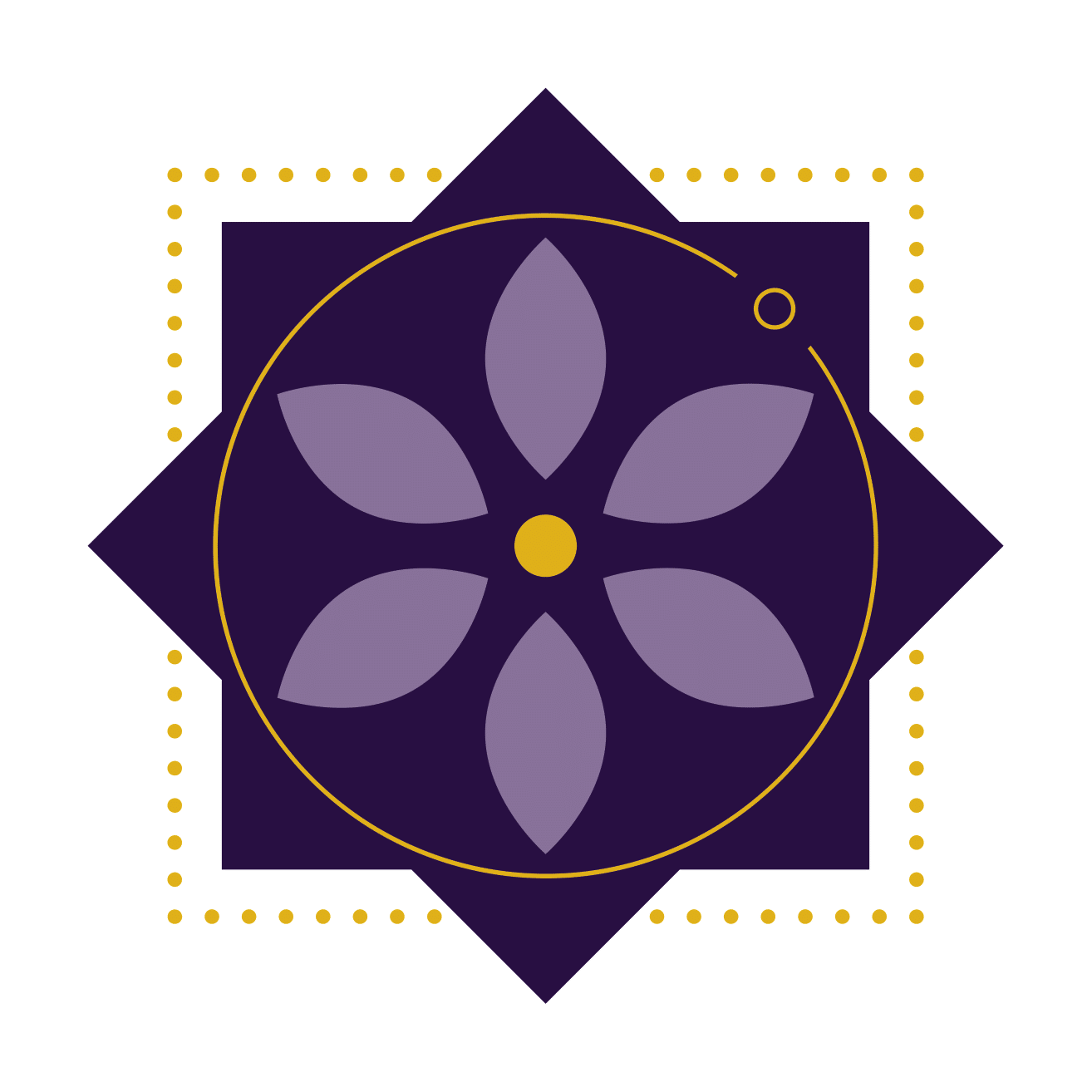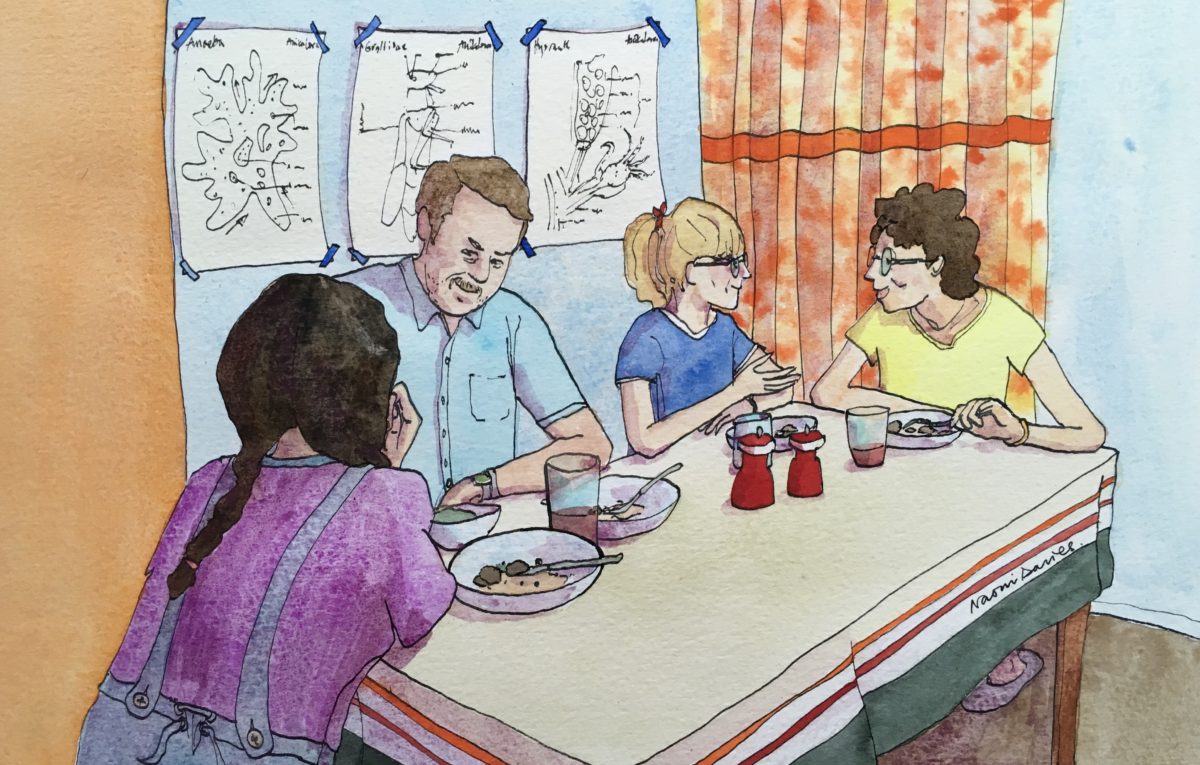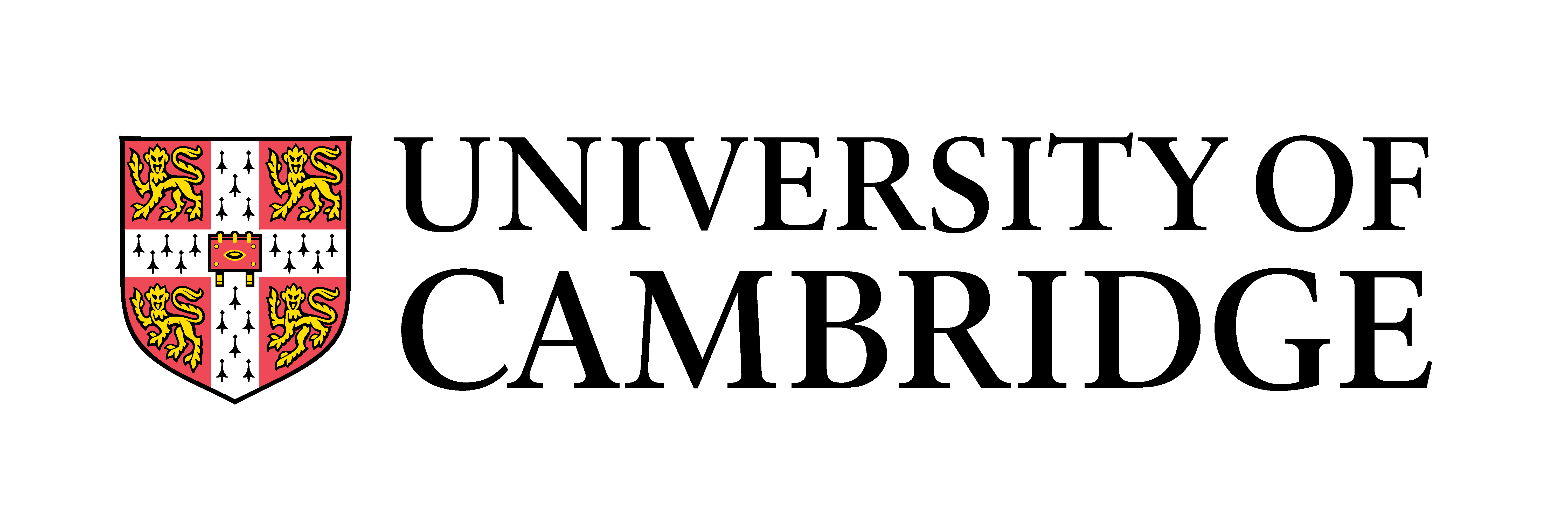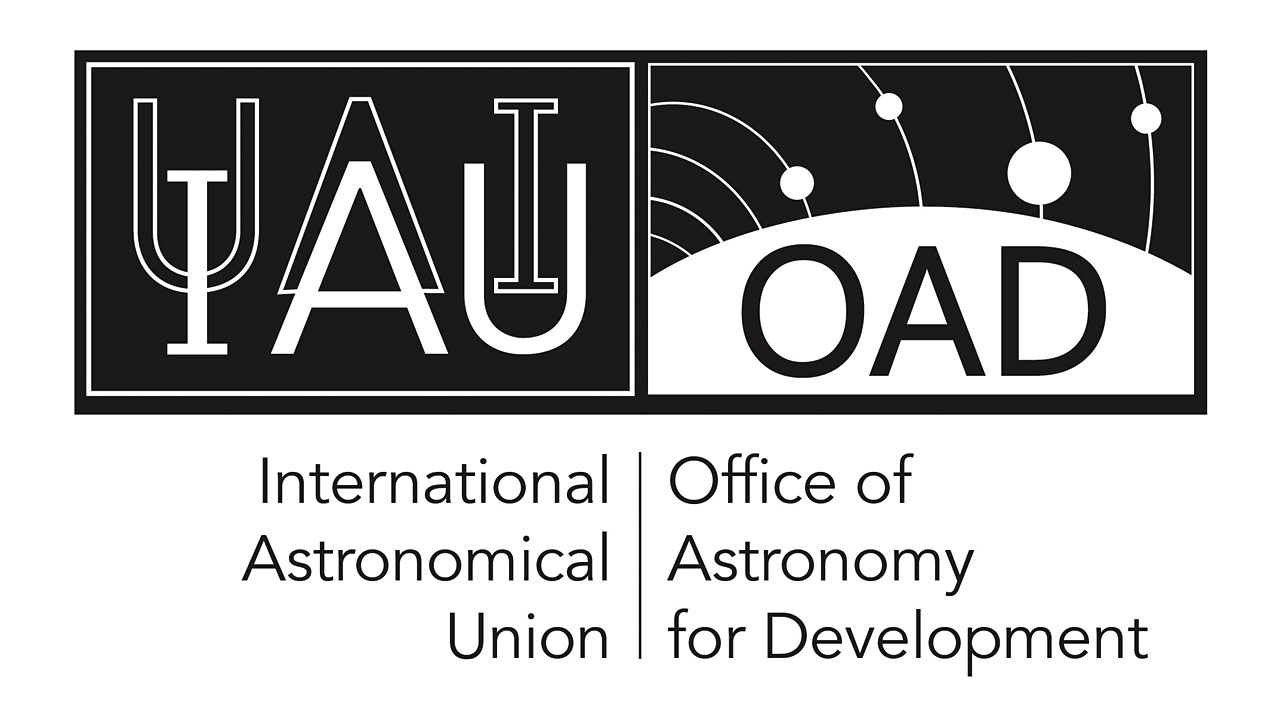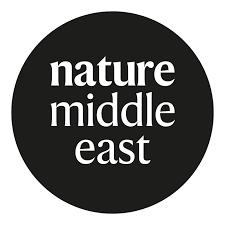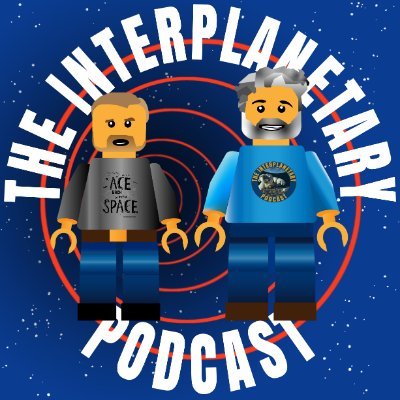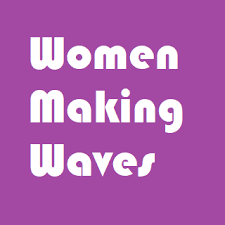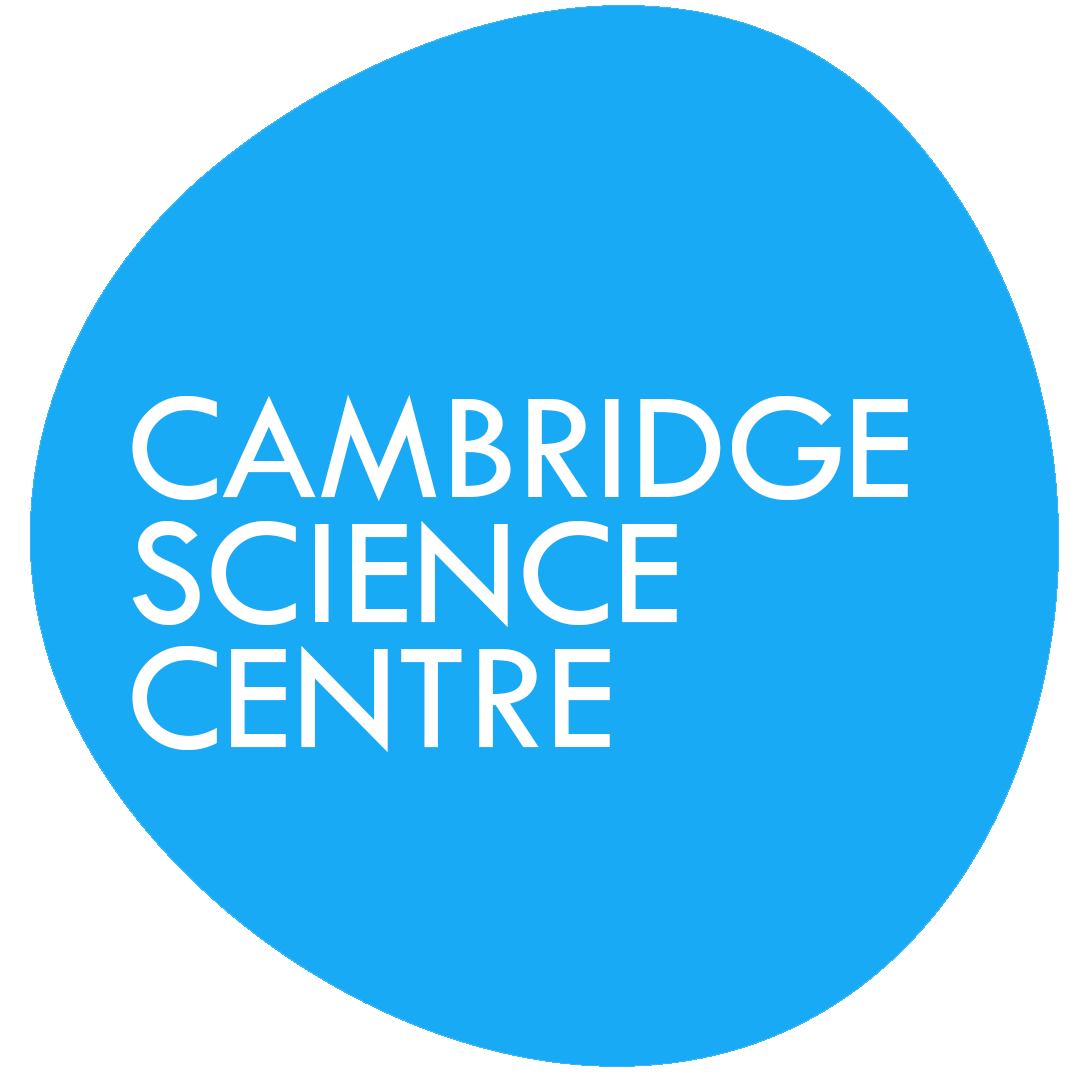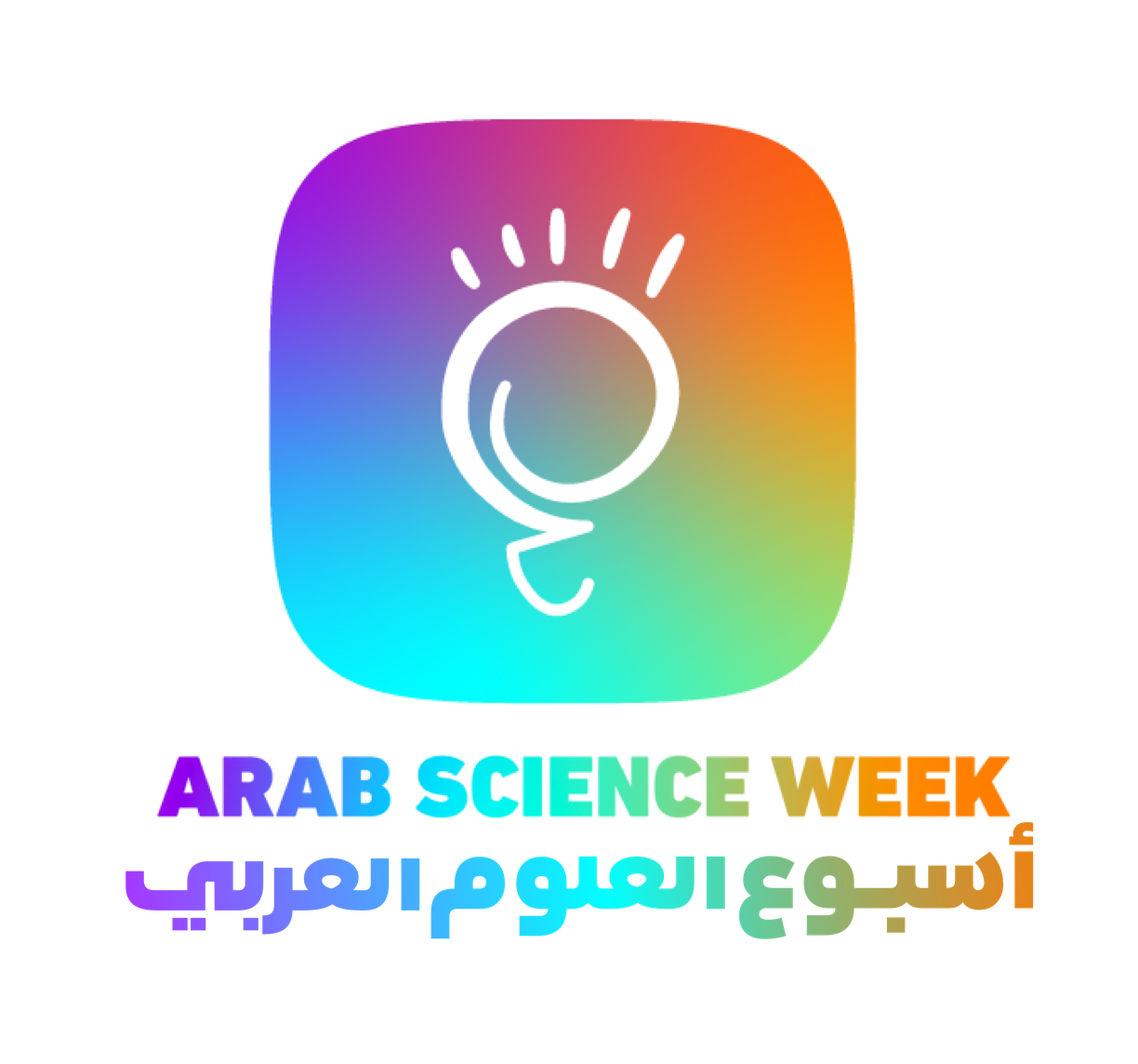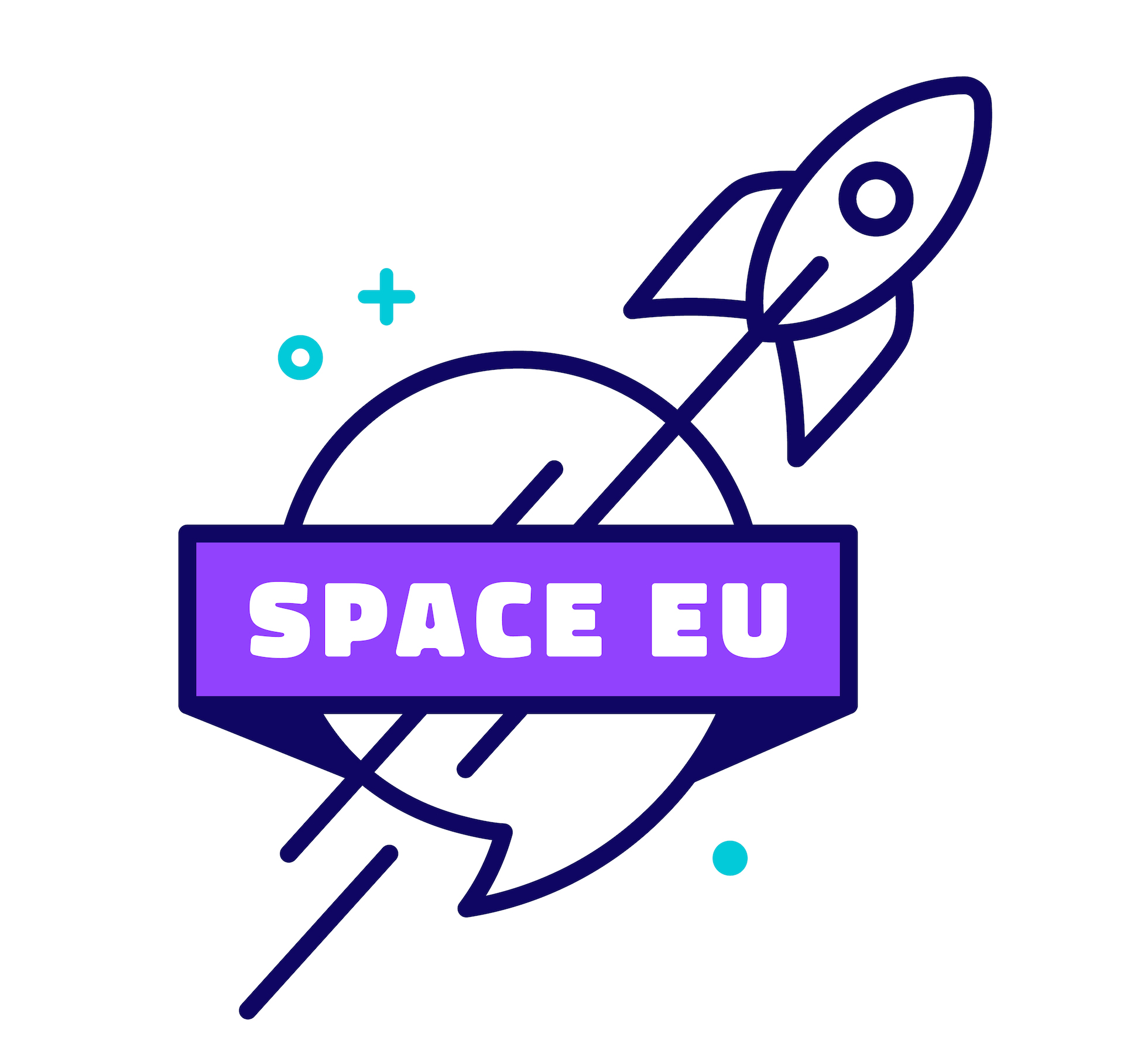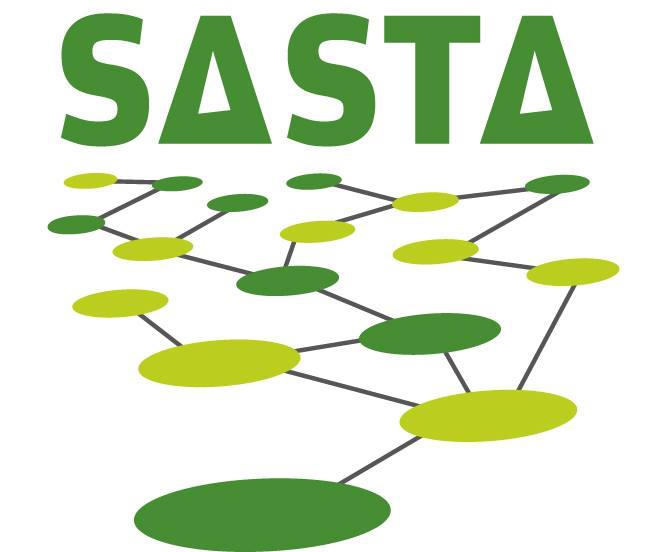One summer day in 2018 I spotted a small article in the local newspaper as I sat at my desk at work having lunch; the Austrian Space Forum was auditioning for a new class of analog astronauts. It sounded like an amazing opportunity so I immediately checked out the website. Over the next few days I feverishly prepared and sent in my application.
That I might be an analog astronaut one day would not have occurred to me even two years ago. My career path has been a very winding one with a sole constant, the joy of learning.
As a child books were my best friends. I shared my mum’s fascination with astronomy and nature and my dad’s fascination with trains, planes and space. We talked about and discussed almost anything and I’m very thankful to them for always believing in me and letting me know that I could be whatever I wanted to be.
Unlike those who know from an early age that they want to be a firefighter, doctor or an astronaut I never had one dream job. As Albert Einstein put it “I have no special talents. I am only passionately curious.”
After high school, I wanted to see the world so I crossed the ocean to work as an Au Pair for a year in Virginia. Then I decided to study a topic that always fascinated me, biology. So I went to a university in Berlin and took every class I could from anatomy to palaeontology to genetics and ended up doing a masters in microbiology. Changing the DNA of E.coli cells with my own hands was an amazing experience. So was falling in love and having three kids, all while doing another master’s degree in engineering, teaching, working in an environmental lab and recently leading a team for infectious disease control at a local health department.
Now I’m a PhD student in public health in Germany. I investigate how health organisations can optimise their work, so that the people they serve can better find, understand and use information on environmental health topics to make informed life choices and lead healthy lives. With every new thing I do or study I try to build on the things I’ve already experienced. I see connections and possibilities everywhere and try to integrate that in my work and life.
One late autumn evening in October, I was working on my research when an email appeared in my inbox. It was an invitation to Innsbruck in Austria for an intense selection weekend, alongside 30 others. More than 100 people had applied from all over Europe. My application was successful and I was overjoyed. I felt that a whole new world was opening up for me.
When I first met the other candidates, an impressive group of talented professionals, a severe case of imposter syndrome set in. But it didn’t take long for us to grow into a close team with a common goal. The tough selection process whittled our group down to 16 and finally to eight. We were tested for physical and medical fitness, endurance, motor skills, capacity for teamwork, creativity and patience among other skills. I felt in my element, like a fish in water and realised that often our biggest obstacles are the ones we construct in our own heads, which are validated by the absence of role models. When I was finally chosen as the only female analog astronaut in the class of 2019 I felt elated, proud and also responsible to be a good role model. Although gender didn’t play a role in the selection process, the suit that analog astronauts train in is a hefty 50 kg which sadly causes a selection bias.
Now, besides testing space suit simulators and carrying out field missions, we are the Forum’s public face and STEM-ambassadors in the media and at educational events. This significantly contributes to inspiring and educating young people in science, technology and engineering.
Quality education is one of the 17 United Nation’s Sustainable Development Goals. These goals are interdependent and include good health and well-being, sustainable communities, clean water and sanitation, responsible consumption and production, gender equality, and clean energy. When we prepare to go to other celestial bodies we need to make sure that we learn from our past mistakes, from building sustainable settlements to using local resources responsibly and everything in between. Today, as analogue astronaut and public health professional, these 17 goals underpin everything I do.
When I sent that application I did not believe I stood a chance, but I know that I would never have forgiven myself if I hadn’t tried. Being selected was a lesson for me to be more confident and to encourage myself and others to venture into new experiences, not only to grow but also to give back.
Illustration is by Cambridge-based artist Naomi Davies.
